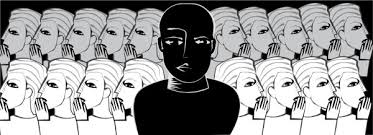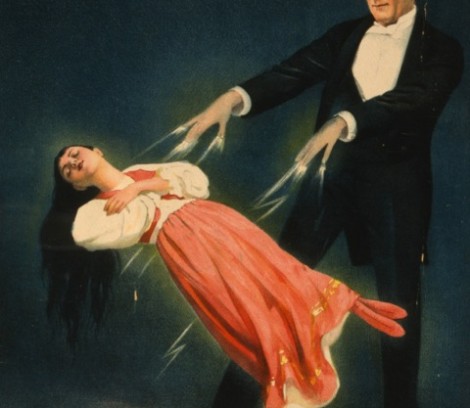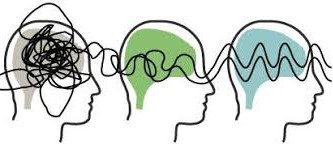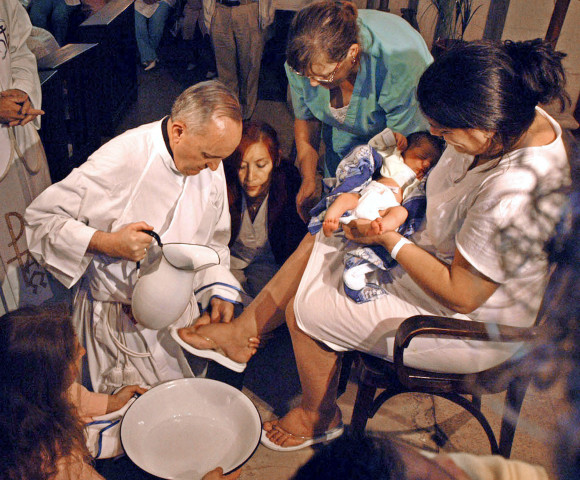
When Family Members Lose Faith
A recent story in USA Today says Green Bay Packers quarterback Aaron Rodgers’ family was reportedly upset by his comments about religion.
In an interview, Rodgers said religion was a big part of his life when he was younger. But beginning in high school, he lost the connection with his Christian upbringing.
“Rules and regulations and binary systems don’t really resonate with me,” Rodgers said. He also said he doesn’t find church very welcoming and didn’t like having to dress up to go to church. And, he believes religion is a “crutch” for some people.
Saved and Unsaved?
“Religion can be a crutch. Religion can be something people have to have to make themselves feel better. Because it’s binary, it’s us and them; it’s saved and unsaved; it’s heaven and hell; it’s enlightened and heathen; it’s holy and righteous and sinner; and that makes a lot of people feel better about themselves — ‘I’ve got Jesus and I’m saved,’” Rodgers said.
He also questioned God’s existence.
“I don’t know how you can believe in a God who wants to condemn most of the planet…to a fiery hell. What type of loving, sensitive, omnipresent, omnipotent being wants to condemn most of his beautiful creation to a fiery hell at the end of all this?”
Rodgers’ family was reportedly disturbed about his comments.
“To them, his comments are basically a slap in the face to the fundamentals of who they are,” said someone close to the family, according to People magazine. “It’s basically him turning his back on everything they have taught him.”
It’s a common story in many
families these days. Personally, I empathize with both Rodgers AND his family.
First, regarding Rodgers’ comments, I believe that a religion that is principally about rules, that is unwelcoming, or concerned only with its own members, isn’t what Jesus had in mind. And that’s not what most churches teach or do. As for “dressing up” to go to church, that is changing rapidly. (I still believe, however, that the clothes should be appropriate and respect the feelings of others.)
Rules shouldn’t be a problem for Rodgers since, according to ESPN, the NFL rule book comprises “tiny type over a 121-page document in PDF form.” He should understand the necessity of rules, even in religion. They are guides on how to be a good Christian or Jew and are secondary to patience, kindness, humility and all those virtues mentioned in a letter of St. Paul. I believe these virtues are the focus of most Christian churches and Jewish congregations.
Can religion be a crutch? Of course. That is partially what was meant when Karl Marx called it the “opium of the people.” But people who use it as a crutch miss the point. According to the Hebrew and Christian Bibles, religion is about love of God and others.
Fiery Hell?
I don’t exactly know what Rodgers’ is referring to when talking about God condemning “most of the planet to a fiery hell,” but he appears to be referring to the classic problem of how God can allow evil. I understand this response doesn’t satisfy everybody, but God invites our response to his love but doesn’t force it. And his constant intervention would wreck that freedom, in my opinion. Who could oppose a God who continually intervenes?
Is it the best possible world? I don’t know, but it’s pretty darn good. (I think of that every time a wound heals in my 7-decade-old body.) In my opinion, God creates through an evolutionary process that involves a lot of randomness. He expects us to handle it, and most of us have what it takes to do so. For those who don’t, God still offers his love and the guarantee of accompanying us in our suffering as well as a “place” for us after death.
I like Aaron Rodgers and believe his views are shared by many people who have given up on God and/or religion. I know that faith is a challenge, especially in our age. But I hope he and all who feel as he does don’t give up on the search for God because in the midst of doubt and struggle, he/she can be found. It takes mostly study and prayer, and the rewards are worth it.
I also hope families continue to love and support people who have a hard time with belief.







